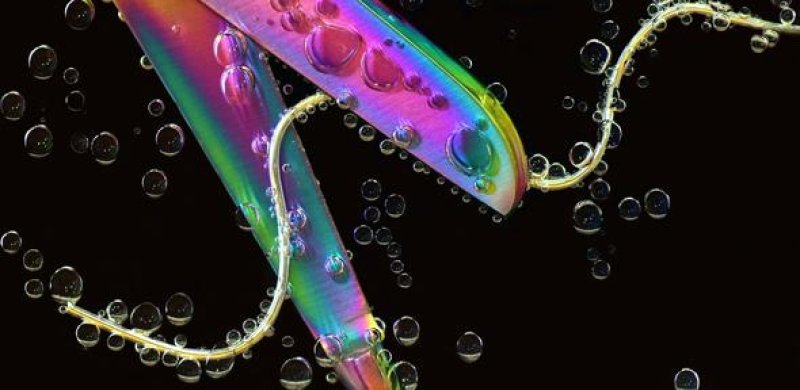STAT’s story about CRISPR-edited cells often lacking a functional gene known to prevent cancer caused a bit of a stir…
Cut to the chase: Is this the death knell for CRISPR? No. Not even close.
So why are we here? Because two studies in Nature Medicine, from two different teams of scientists studying two different uses of CRISPR in two kinds of human cells reached the same conclusion…
That might matter why? Because cells lacking a functional p53 have a greater chance of uncontrolled proliferation, a.k.a. cancer. Full stop, no debate.
…
So now what do we do? Study skeptics just dismiss the possibility that CRISPR’d cells might have cancer-causing properties. Nothing to see here; just move along! Or so some readers seemed to think.
The authors of the two papers had a different suggestion…In other words, anyone who is developing CRISPR therapies should keep an eye out for this. It would also be a good idea to study it further to see how prevalent a problem it might be.
…
That makes it sound as if the risk of a patient actually developing cancer from CRISPR’d cells is really low. How big a cancer risk might CRISPR’d cells pose? No one has any idea, which is exactly the point of investigating further.
[Original post behind paywall)Read full, original post: Why reports about CRISPR’d cells and cancer aren’t calamitous — but shouldn’t be ignored































